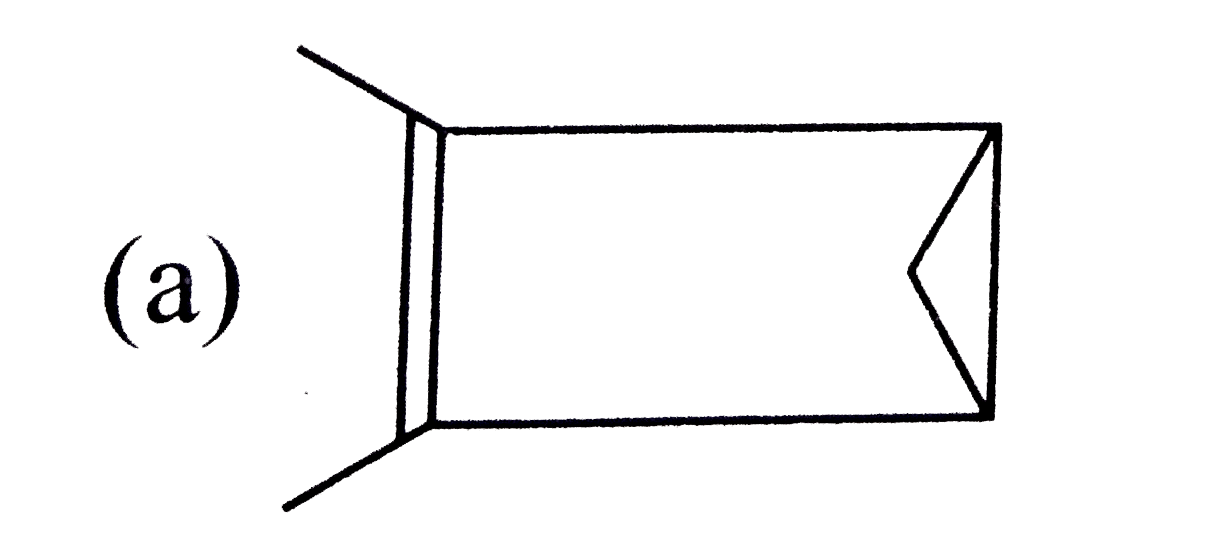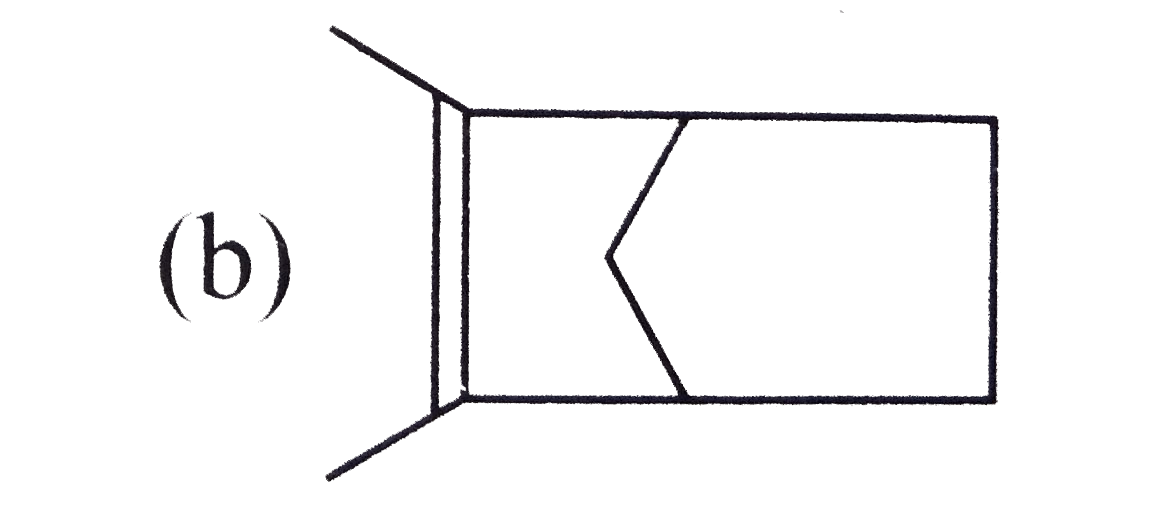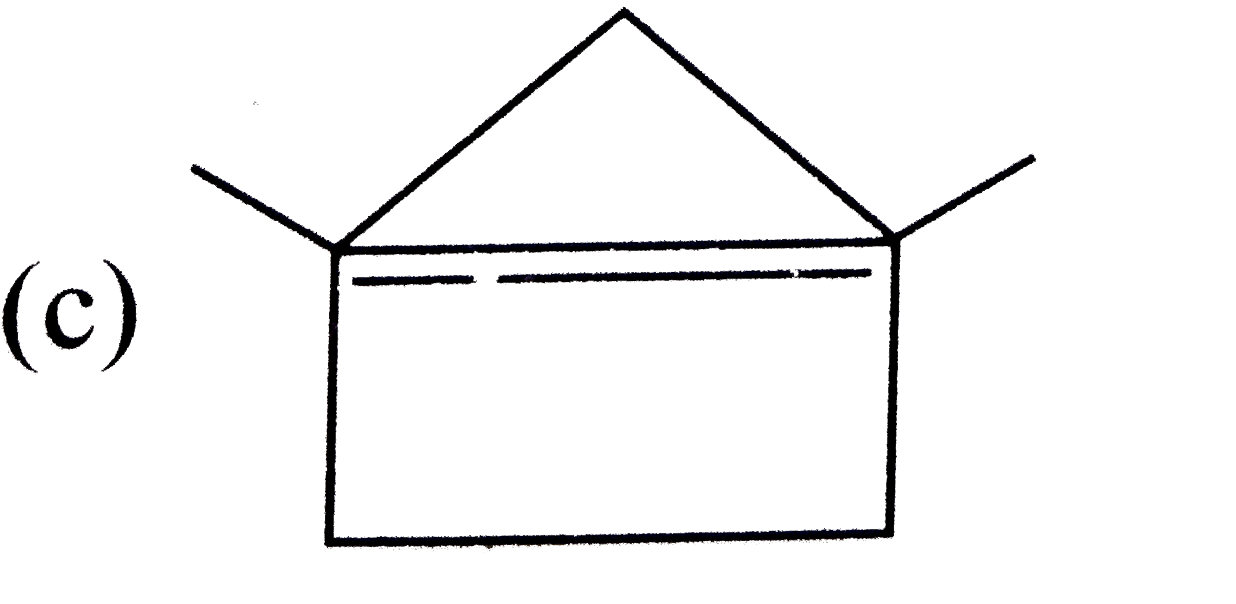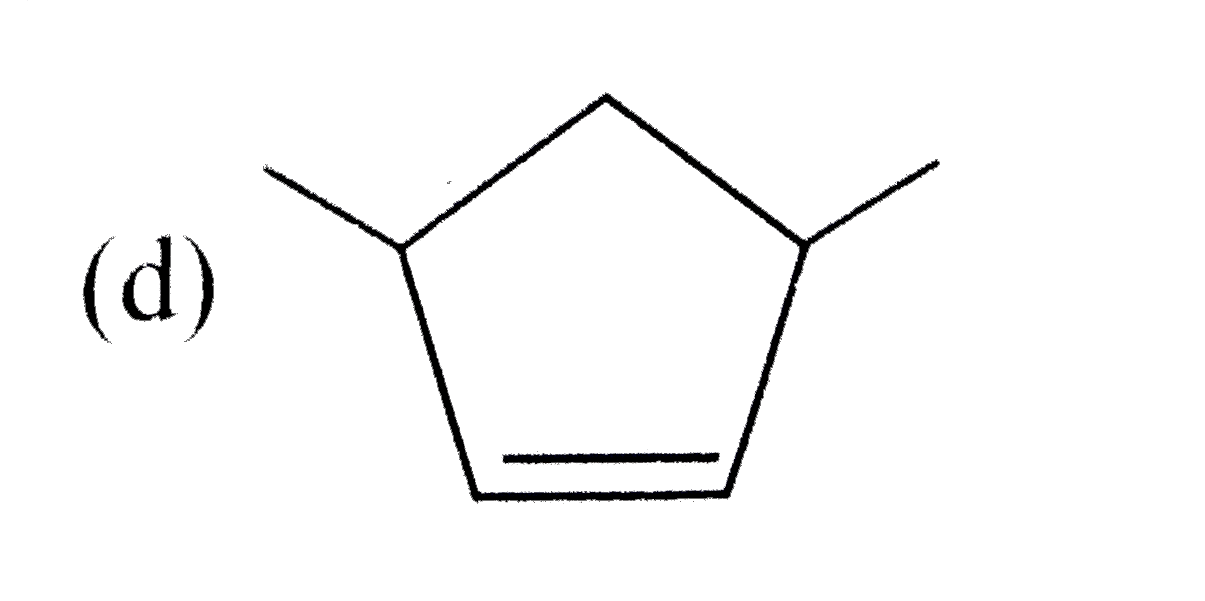A chemical reaction has catalyst X. Hence X
A
reduces enthalpy of the reaction.
B
decreases rate constant of the reaction
C
increases activation energy of the reaction.
D
does not affect equilibrium constant of the reaction
Video Solution
Text Solution
The correct Answer is:D
A catalyst affects equally both forward and backward reactions, therefore it does not affect equilibrium constant of reaction.
|
Topper's Solved these Questions
- SURFACE CHEMISTRYBOOK - DISHA PUBLICATIONCHAPTER - SURFACE CHEMISTRYEXERCISE - Exercise-1 : Concept Builder (TOPICEWISE)
60 Videos
- STRUCTURE OF ATOMBOOK - DISHA PUBLICATIONCHAPTER - STRUCTURE OF ATOMEXERCISE - Exercise
112 Videos
- THE D- AND F- BLOCK ELEMENTS BOOK - DISHA PUBLICATIONCHAPTER - THE D- AND F- BLOCK ELEMENTS EXERCISE - EXERCISE - 2 CONCEPT APPLICATOR
30 Videos
Similar Questions
Knowledge Check
A chemical reaction is catalyst X. Hence X
Areduce ethalpy of the reactionBdecreases rate constant of the reactionCincreases activeation energy of the reactionDdoes not affect equilibrium constant of reactionIn chemical reaction , the catalyst :
Aalters the amount of productsBlower the activation of energyCdecreases ΔH of forward reactionDincreases ΔH of forward reaction Hence X is A
Hence X is A B
B C
C D
D
The rate of a chemical reaction increases by catalyst due
View SolutionAn exothermic chemical reaction is catalyzed by X . Which of the following statements is correct in this context?
View SolutionA chemical reaction has catalyst X. Hence X
View SolutionA chemical reaction has catalyst X. Hence X
View SolutionA chemical reaction is catalyzed by a catalyst' X'. Hence the catalyst 'X'
View Solution
